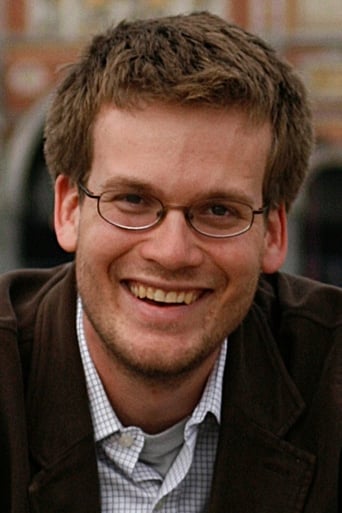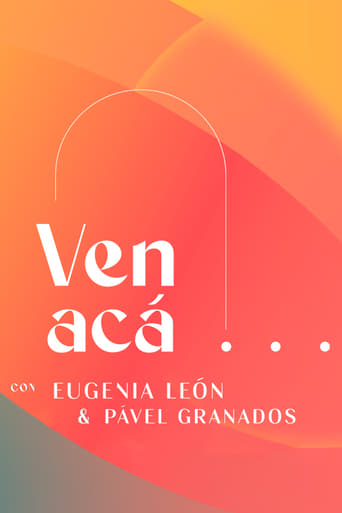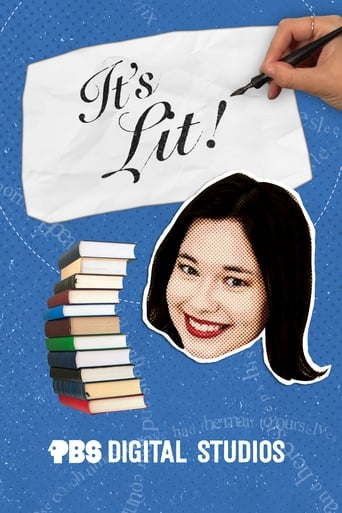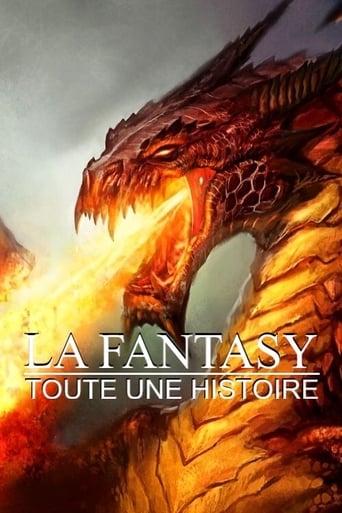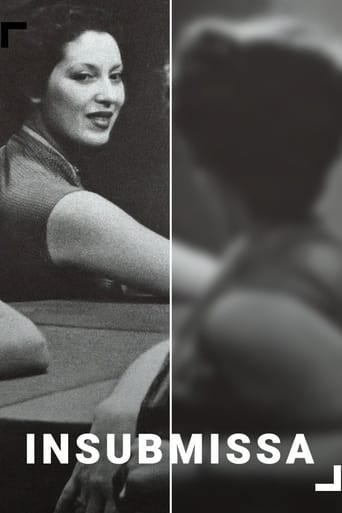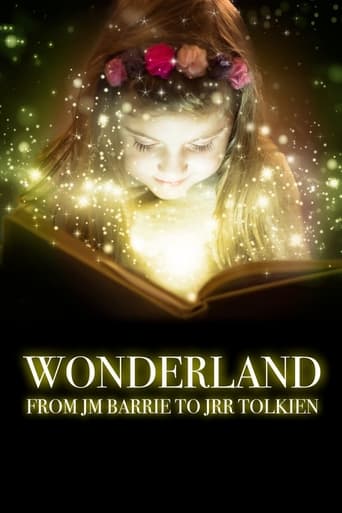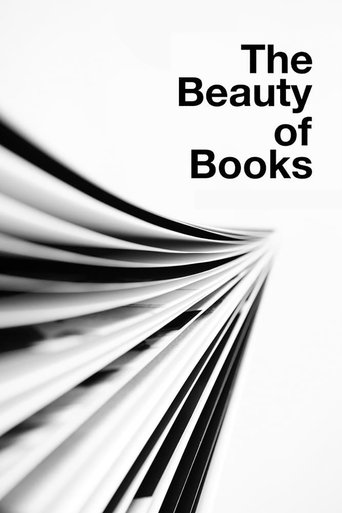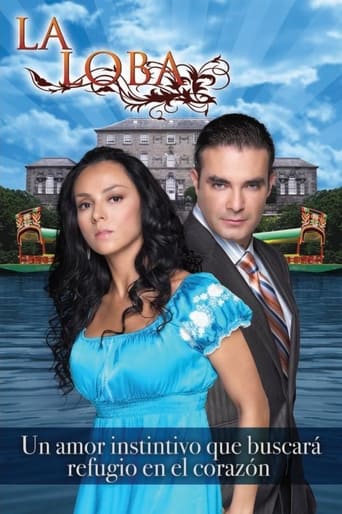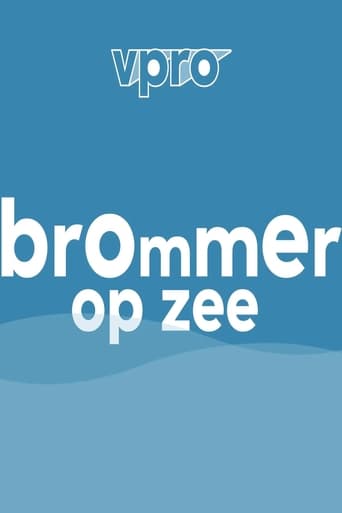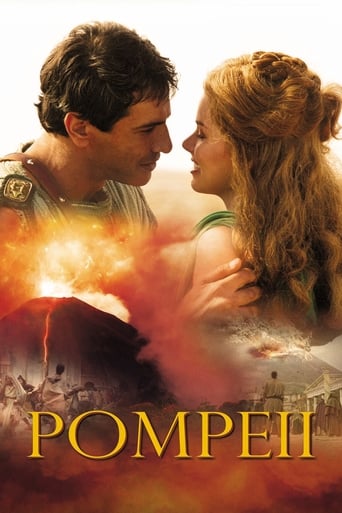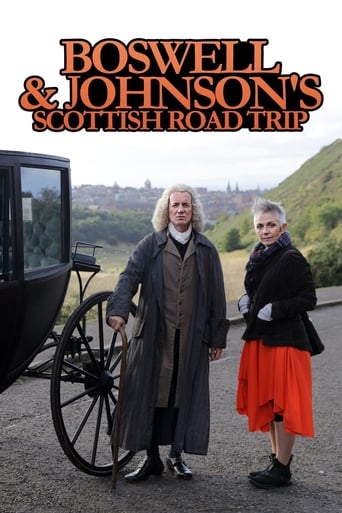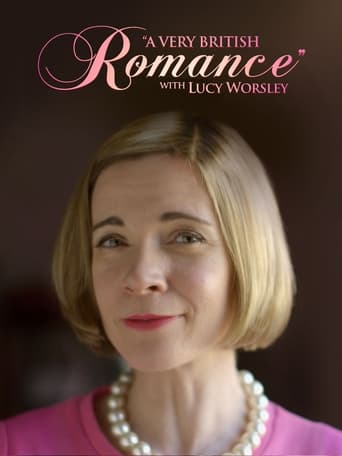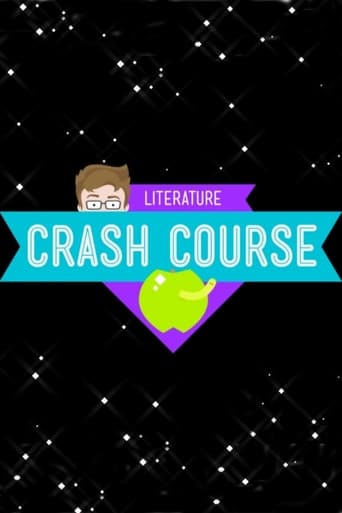
Rating:
2/10 by 1 users
Crash Course Literature (2012)
John Green teaches you literature in an exciting, entertaining, and endlessly informative manner.
Writing:
Release Date:
Thu, Nov 15, 2012
Country: US
Language: En
Runtime: 12
Country: US
Language: En
Runtime: 12
John Green
Self - Host
Season 4:

In which John Green returns for a dystopian new season of Crash Course Literature! We're starting with George Orwell's classic look at the totalitarian state that could be in post-war England. Winston Smith is under the eye of Big Brother, and making us think about surveillance, the role of government, and how language can play a huge part in repressive regimes.

In which John Green continues discussing George Orwell's 1984. Today we're talking about what the novel 1984 has to say about what some have called today's surveillance society. We'll also look at the idea that language can be used as a means to control people's thoughts. Can something like Newspeak prevent a person from having certain thoughts? I wish I had the words to express how I feel about that. Luckily, John does have the words.

In which John Green teaches you about Margaret Atwood's speculative fiction novel, The Handmaid's Tale. John looks at some of the themes in this classic dystopian novel, many of which are kind of a downer. The world of Gilead that Atwood created looks at a lot of the issues that we deal with today, and the very human impulse to return to an imagined golden era, thereby solving all of our modern world's problems. Yeah, it doesn't work like that.

This week, John Green continues to teach you about Margaret Atwood's speculative fiction, The Handmaid's Tale. In this installment, we're looking at Atwood's desire to tell a story from a female point of view, and what exactly it means to tell a story in that way, and if in fact there is an inherently male or female way to tell a story. We'll also look at why Atwood presents the story's final chapter from the perspective of a male scholar.

John Green teaches you about Voltaire's hugely important Enlightenment novel, Candide. Candide tells a pretty wild story, but for the most part, it's about the best of all possible worlds. Which, spoiler alert, doesn't seem to be the best of all possible worlds. Voltaire's novel is a pretty frank look at Enlightenment philosophy that finds a lot of the thinking of the time wanting. It's also got lots of sex, death, and travel!

This week, John is teaching you about the near-future dystopia in Octavia Butler's Parable of the Sower. Parable of the Sower tells the story of Lauren Oya Olamina, and her life growing up in a post-climate change, semi-lawless America. It's not great. The book reads as a dystopia, as a bildungsroman, and as a sacred text. Lauren grows up in a terrible future, and a lot of the book is concerned with the religion she has created, Earthseed. There's lots to think about in this one, and John will talk you through it.

Today on Crash Course Literature, John Green teaches you about The Yellow Wallpaper, by Charlotte Perkins Gilman. The Yellow Wallpaper tells the story of a woman who is a prisoner in her own home, in the name of caring for her mental health. The narrator stares all day the yellow wallpaper

John Green teaches you about Virginia Woolf's modernist novel, To the Lighthouse. Let's face it. You're not reading To the Lighthouse for the plot. There's not a whole lot of plot, unless you count the tension about the beef stew. You're reading it because it's a pioneering literary work that explores point of view, narrative flow, and the nature of art, among other things. You're going to love it. I mean, part of the story is told from the perspective of a house.

The Sound! The Fury! Today, we're talking about Shakespeare's Scottish play, Macbeth. So, was Macbeth really predestined to do all the murdering and bad kinging and other terrible stuff? That's the big question in Macbeth, and it's one of the ideas we're going to talk about today, among many. Also, Yoda joins us for the open letter.

This week on Crash Course Literature, John Green is continuing to talk about Shakespeare's dark, bloody, Scottish play, Macbeth. This time around, we're looking at the play's characters operate, how the play deals with gender, and the Macbeth as an early anti-hero. He's no Walter White, but you can definitely love to hate him. Or hate to love him. Or both!

In which a series about literature, which is wanting of an episode on Jane Austen, gets the first of two episodes. It's Pride and Prejudice, everybody! John Green talks about Pride and Prejudice as a product of Regency England, gives you a short biographical look at author Jane Austen, and familiarizes you with the web of human connections this book spins.

This is it! The final episode of CC Literature season 4 is a deeper look at Jane Austen's Pride and Prejudice. Today we'll explore the novel's take on materialism, and we'll talk about whether the novel has a liberal or conservative message. Which matters because people have interpreted the book in various ways. Oh, and we'll explore the balance between making choices based on personal happiness or what's best for one's family. And oh yeah, we'll talk more about terrible Lydia and her disgusting bonnet.

